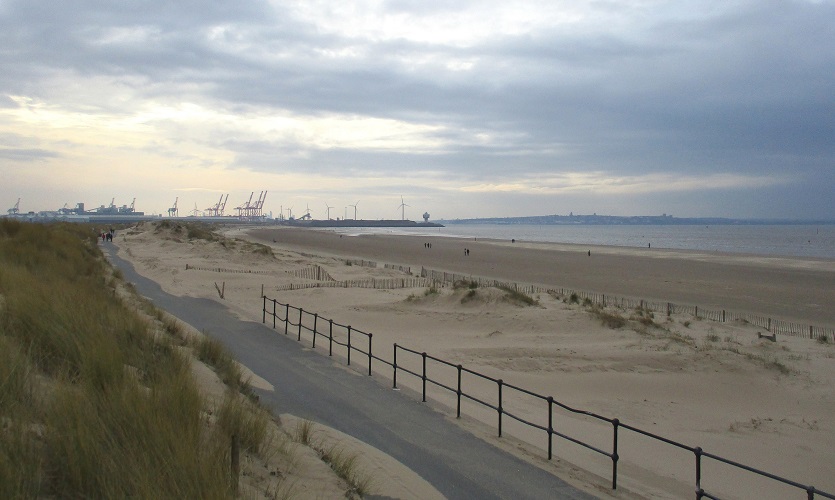How nature can benefit our economy

Liverpool John Moores University is supporting plans to embed nature’s benefits for a more resilient and healthy economy in the Liverpool City Region.
The Liverpool City Region Combined Authority has opened its consultation on the Spatial Development Strategy (SDS). The SDS sets out a city region wide planning approach, to help make it a more prosperous, healthier and greener place in which to live, work, invest and visit.
LJMU has been supporting this by providing evidence and advising on the development of a draft policy around Green Infrastructure and Natural Capital Policy. This progressive and innovative approach is one of the first examples in the UK seeking to embed natural capital in the planning process.
It is well understood that the natural environment plays a key role in underpinning our economies and wellbeing (through avoiding flooding, absorbing carbon, improving air quality and providing spaces for people to socialise and exercise addressing health related productivity gaps). This is becoming increasingly well recognised in the face of COVID-19 and climate and ecological crisis.
The Liverpool City Region is rich in natural capital assets, such as forests, wetlands, salt marshes, and parks from which these benefits known as ecosystem services flow. The natural capital approach seeks to improve decision-making and policy development through better understanding of the benefits provided by nature.
Dr Colm Bowe from LJMU led on the establishment of the Liverpool City Region Natural Capital Working Group. The working group is a subgroup of Nature Connected, the Liverpool City Region Local Nature Partnership.
Colm said: “We are pleased that LJMU is able to support the development of this key policy work for the Liverpool City Region.
“By harnessing our natural assets and embedding them within planning policy, we can help to make the city region a healthier, greener and more prosperous place.”
LJMU lead on the creation of a Liverpool City Region Natural Capital Baseline commissioned by the LCR Combined Authority and has been developing an approach to measure changes in interventions due to the creation of developments and associated mitigation (Environmental Net Gain Assessments).
This baseline is now being utilised as evidence for the Spatial Development Strategy (SDS) Consultation in support of the draft Green Infrastructure and Natural Capital Policy.
Embedding Natural Capital in policy will support nature recovery and the maintenance and enhancement of the natural environment in the LCR. This will support a more resilient and healthier economy in the Liverpool City Region more resistant to shocks such as those from COVID-19 and Climate Change. This work will be key in supporting the city region to Build Back Better.


